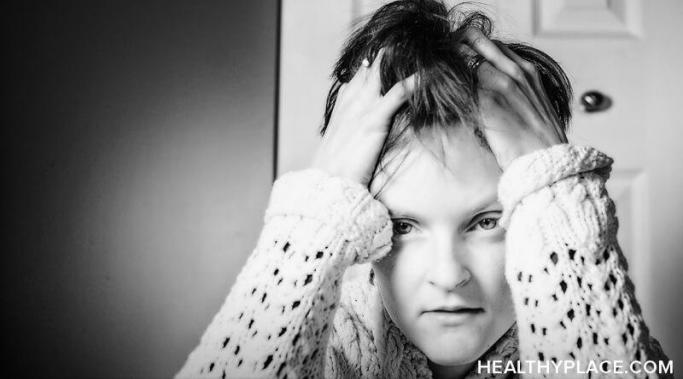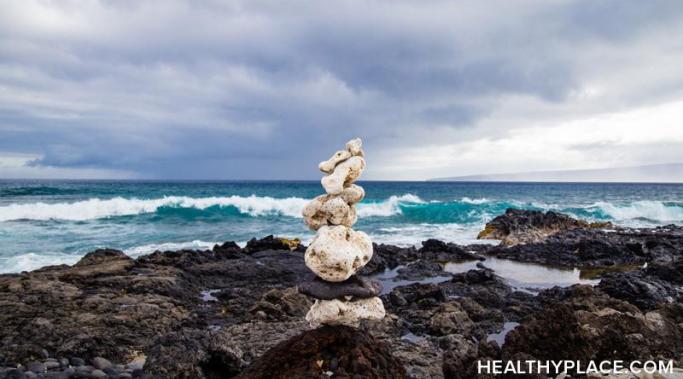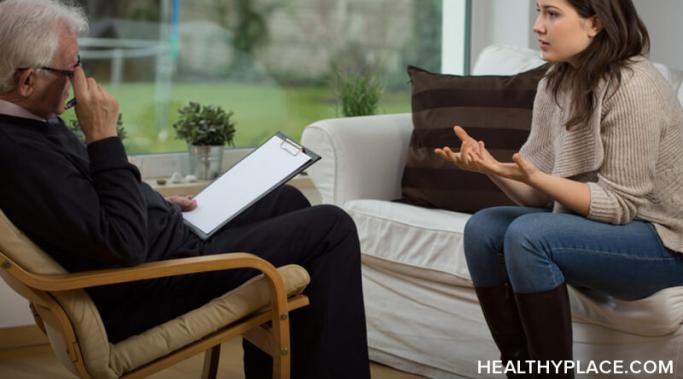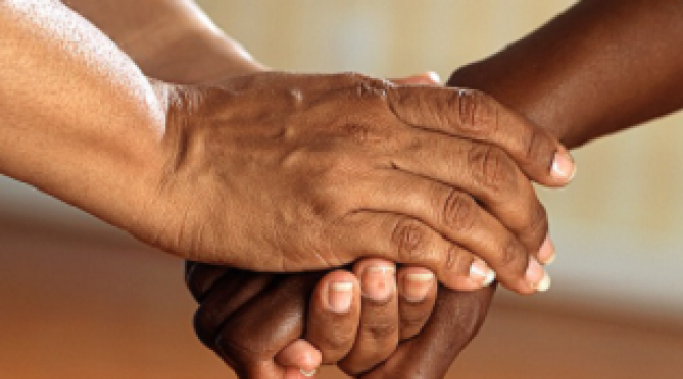I’ve never been one that enjoys roller coasters, whether it's a theme park ride or depression's ups and downs. I do not consider it fun to be shot high into the sky and then hurled quickly back toward the ground. I can avoid almost anything that remotely resembles a roller coaster, except I am unable to escape depression, along with all of its ups and downs. The Depression Roller Coaster firmly locks me in place.
Depression Coping Skills
Enjoying life and having fun is an important part of our existence. Incorporating it into our daily lives is an essential part of learning how to live with and manage our depression in a healthy way. While we know this is true, the challenging part can be putting enjoyment and fun into practice. I've discovered some ways to make this easier, and I've found that making time to enjoy life and have fun is beneficial to learning to cope with depression.
Keeping friends when you have depression can be difficult. Often those of us with depression exert a great deal of energy in simply accomplishing daily tasks, practicing self-care, and caring for our families. It can feel like maintaining friendships is the last thing we have time for; however, keeping friends when you have depression is an important part of learning to cope.
I have been feeling overwhelming depression for the past couple of weeks. Living with a mental illness can make anyone exhausted, turning simple daily tasks into daunting and dreaded foes. My responsibilities loom before me like an abysmal darkness that I cannot escape. Practicing self-care feels impossible. Even thinking about housework or errands exhausts me. Welcome to the hard days of overwhelming depression.
Since making lifestyle changes for my depression, I find that moderation helped create a turning point for me in my ability to cope with my depression. Lifestyle changes that encourage moderation help me manage the ups and downs that depression throws at me. To moderate something is to make it less intense or extreme, which means that I try to balance my lifestyle in a way that averages out the good and bad bits of my experience. While everyone's life requires different sorts of balance, there are a few things that lifestyles encouraging moderation for depression really should embrace.
Depression counseling is a useful tool for anyone living with depression. Mental health counselors typically give advice on how to cope with depression and other mental illnesses, which is helpful when you feel you've run out of ideas. I read articles and implement new depression coping mechanisms endlessly, but sometimes I cannot give myself the help I need. I've been in and out of counseling for ten years with a wide variety of counselors, and while I didn't always like the counselor, the act of seeking professional counseling kept me on my toes as I managed my depression.
Finding purpose to help you cope with depression is powerful in that it pushes you to do something instead of sitting still, and utilizing purpose can help you realize your worth. I often feel purposeless and self-indulgent, working towards nothing specific and, instead, moving towards unclear goals (Accomplishing SMART Goals with Bipolar Disorder). So my most recent coping endeavor is figuring out how to cope with depression through purpose
Emotionally preparing for a funeral when you have depression seems next to impossible. The days I spent preparing for my grandfather's funeral had me sick and my stomach filled with dread (Coping with Loss: Bereavement and Grief). My grandfather was my buddy, teaching me tons of things from how to drive to how to bake bread and his death hit me with a wave of memories and unprocessed emotions. Preparing to attend his funeral was daunting, especially with my depression at high intensity. I'll share a couple things I learned to better help you prepare for a funeral when depressed.
Depression requires routine to successfully cope with the illness. Because depression is not routine, it is important and beneficial to establish patterns that structure the way you live in order to combat the surprises that depression can often throw your way. I'm finding that my depression affects me more the less I follow a routine. I am less capable of bouncing back from a bad brain day; I have less control over my rapidly shifting moods; I dismiss my basic needs (Depression Does Not Eliminate Your Basic Needs). I've learned the hard way that living well with depression requires routine.
Finding comfort in depression is diffictul, but not impossible. Coping with depression is already challenging and it can seem impossible to find comfort in the depths of depression. Whether I'm seeking comfort from others or I am attempting to comfort myself, I often find myself coming up empty handed (Depression Support: Why You Need It, Where to Find It). But the challenge of finding comfort in depression is worthwhile and beneficial to coping with the illness.









